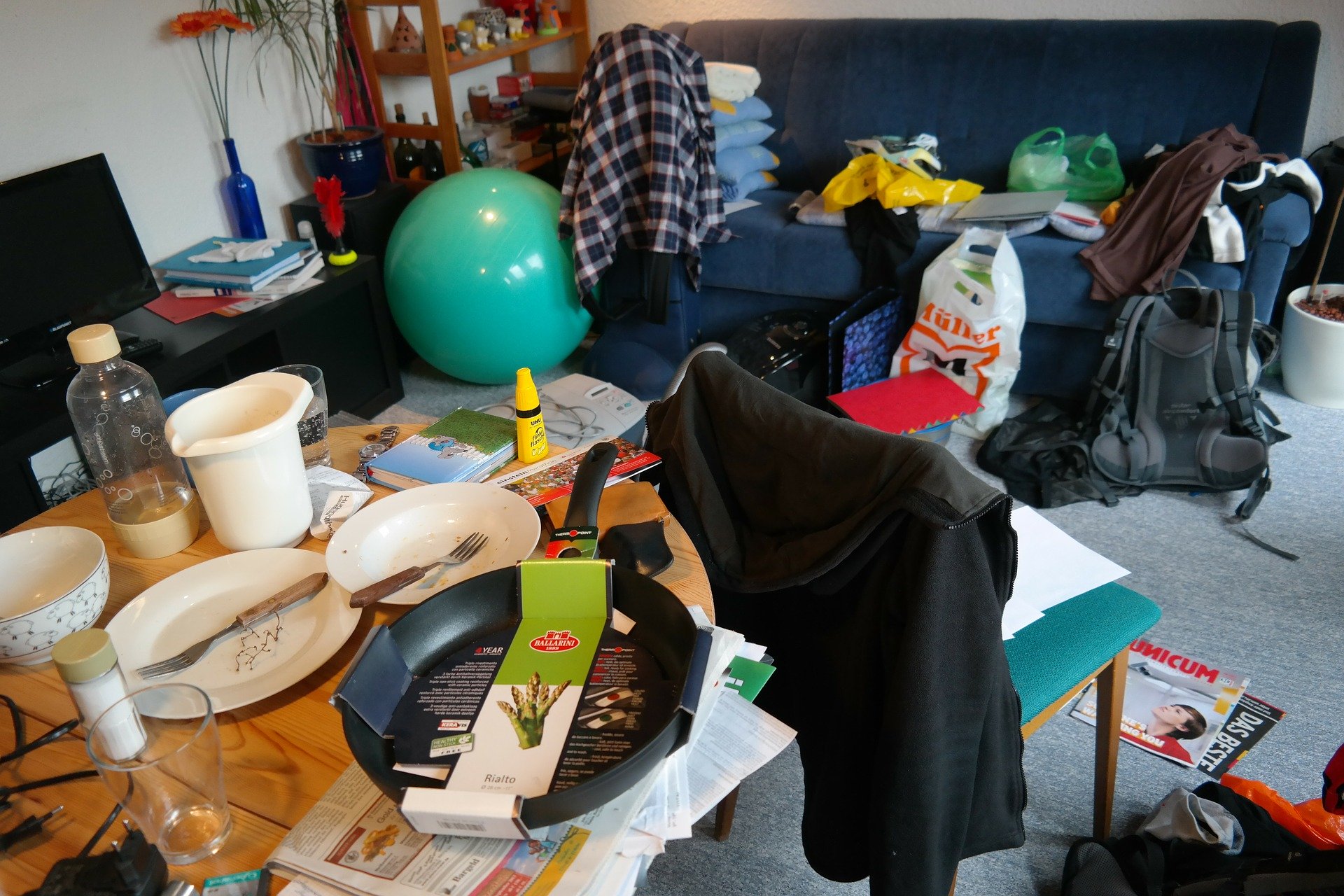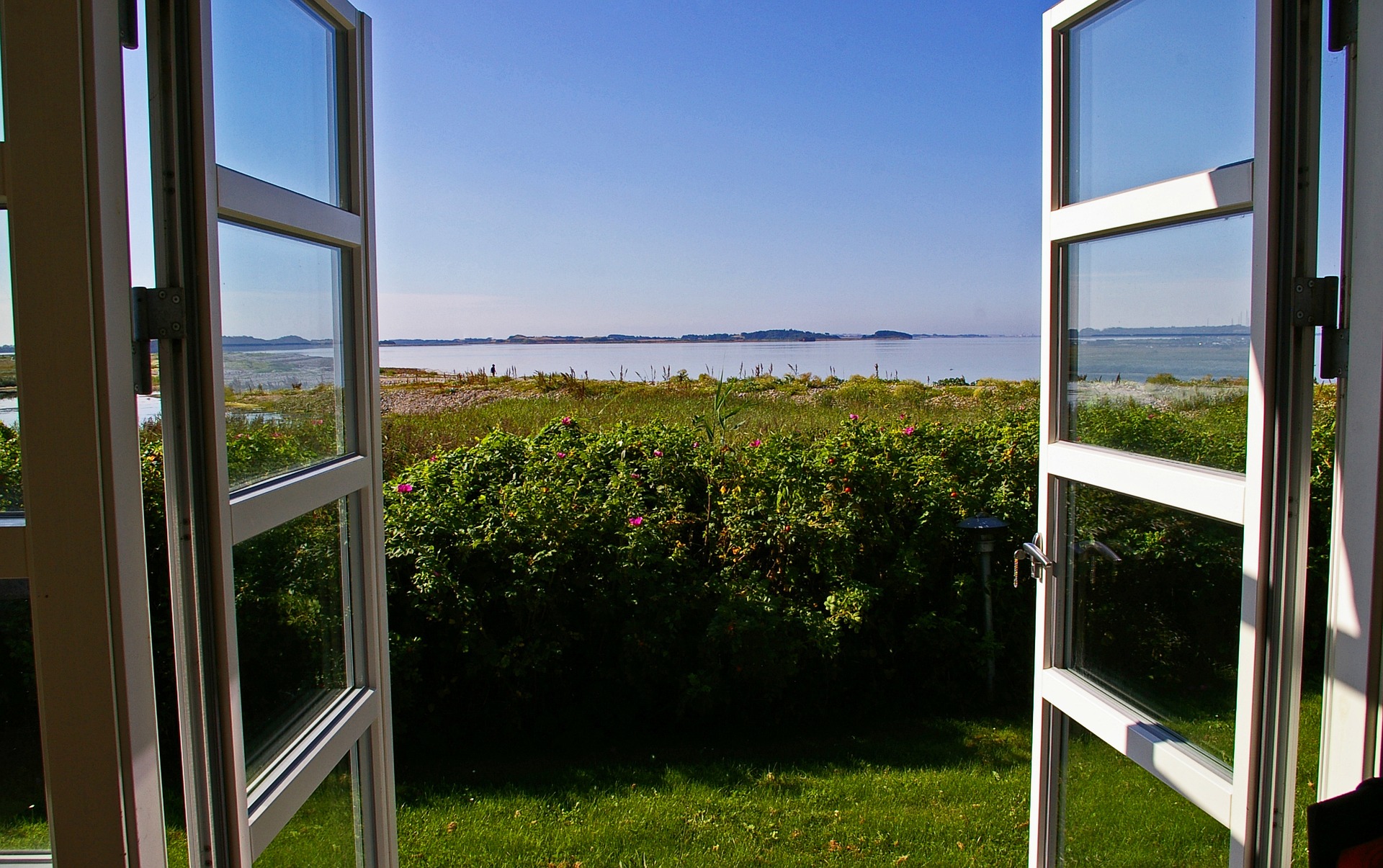Research suggests these lesser-known ways to reduce the indoor spread of the virus that causes COVID-1
It’s not the people with the obvious symptoms that are causing the majority of the spread of the virus but the people with mild symptoms or no symptoms at all, according to research published earlier this week.
Those who are working the essential jobs have a higher risk of exposure to the virus and bringing it home. Since it’s hard to tell who is a carrier before the symptoms begin to show, those that share living spaces with these workers are at an increased risk of being exposed because the virus can survive for hours even days.
Scientists are still learning about the virus, and have studied similar viruses to determine their weaknesses. Scientists and architects have studied that research and have come up with tips to make your home as unfriendly to the virus as possible. Here are a few of those quick and easy tips to follow:

Remove clutter from around the sink and disinfect counters regularly.
As you have probably heard a million times, washing your hands is the most important thing you can do to protect yourself and everyone else and you should do it often. Wash them when you return from being outside, after you’ve touched and handled various items and surfaces, after you use the bathroom, before you eat. Apparently, hand washing fights the virus in two ways: It completely destroys some copies of the virus, and nearly all that survive come off your hands and go down the drain. As you know, when we wash our hands, we tend to splash so wiping the counters is very helpful. So, try to keep the area around the sink clutter-free so it limits the surfaces where the splash occurs. It is a good practice to disinfect the surfaces that are frequently touched, like countertops, doorknobs and faucet handles, remotes, refrigerator handles and anywhere else that multiple hands are touching.

Open a window.
Opening windows increases the amount of fresh air coming into your home which helps flush out airborne particles. Researchers aren’t sure how many people are getting sick from inhaling airborne particles, but they are concerned that the virus can spread through particles that remain suspended in the air for up to a half-hour.
Use a humidifier to keep indoor humidity between 40% and 60%.
Research also that high temperatures and high relative humidity might reduce the transmission of the virus. Boosting the percentage of water molecules in the air can help in a few ways. A little scientific here but those water molecules may damage the outer membrane of the virus, making them viable for a shorter amount of time. They also make the tiny droplets that viruses live in heavier, which causes them to fall out of the air more quickly. The humidity also affects how well your body can defend itself against pathogens and other particles, including viruses. The virus gets into the body through mucous membranes, like your eyes, nose, and mouth. Indoor air tends to dry out those membranes, making your body more vulnerable to pathogens. Keeping the humidity a little bit higher allows your body’s first line of defense to work at its optimum level.
Open blinds and shades
UV light from the sun puts pressure on viruses that have made their way inside. UV light damages most microorganisms and viruses, including coronaviruses. “We have evidence in the literature that sunlight can inactivate influenza viruses and other viruses,” said Mark Fretz, a research assistant professor at the University of Oregon’s College of Design. “It’s also good for your psychological well-being.”

Don’t forget to clean the items you use every day.
Disinfect your phone, carefully washing your clothes, and cleaning your reusable grocery bags and anything else that is touched and handled multiple times throughout the day. By following these tips, it will help slow the spread of COVID-19. These recommendations are not substitutes for hand washing and social distancing, but they can contribute to eventually returning to a normal life. With so much uncertainty surrounding the pandemic, having even a little more control might get us through this a little bit easier.
Feel free to check out our other maintenance corner articles or see the related posts below. You can also sign up for our monthly newsletter. The subscription form can be found on this page in the sidebar to the right. Just scroll to the top of the page and you will see it. Our newsletters are chock full of tips, recent and upcoming events, things that are happening in the community, good will endeavors, property management service information and fun news and updates about our company and the people that make it happen!
No need to look at a list of property management companies! If you are interested in Gainesville FL Property Management please contact us. We can be easily reached here on our website by completing the contact form above on the right. You can also email us at info@j4c.e2f.myftpupload.com or via phone (call or text) 352-478-8029.
